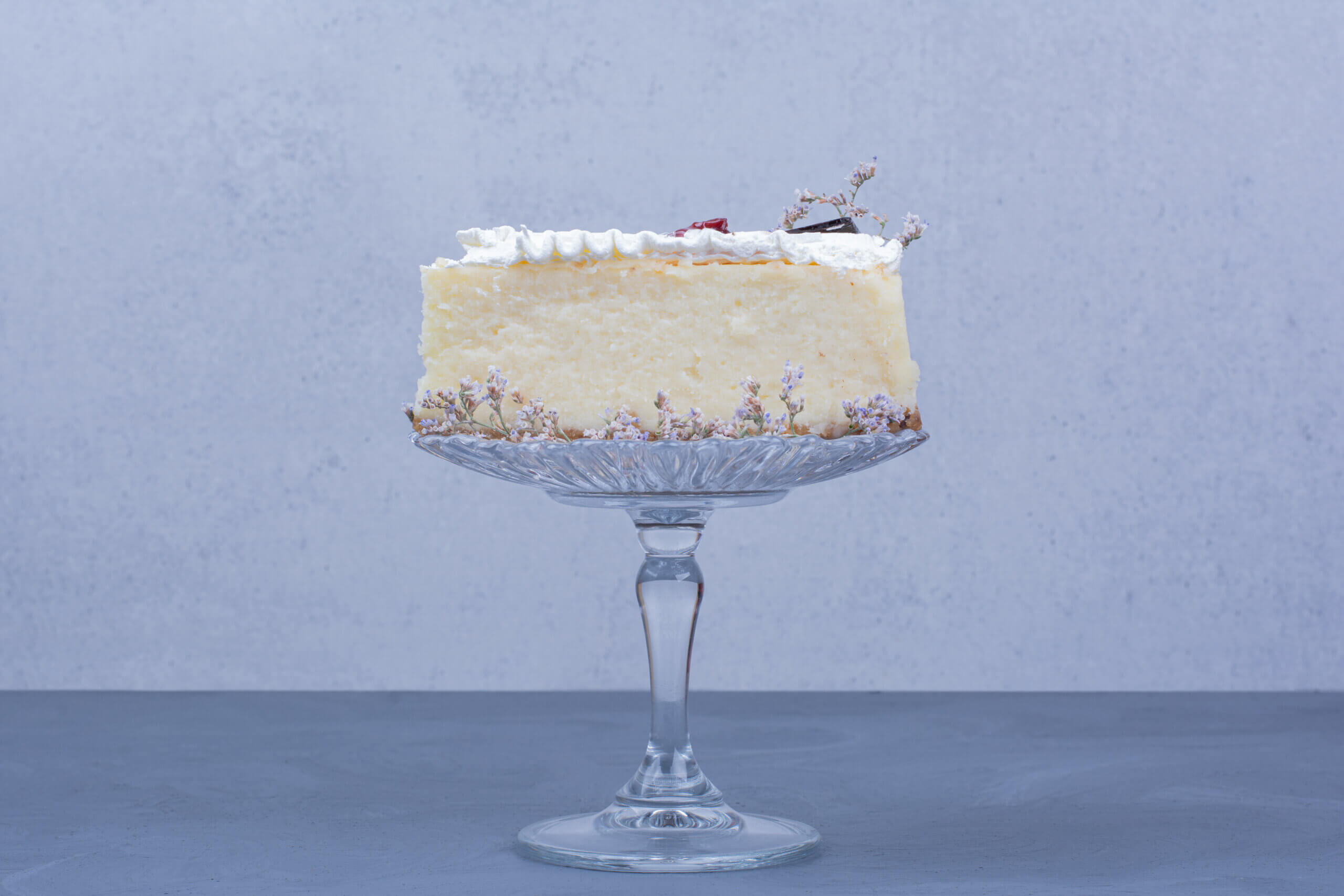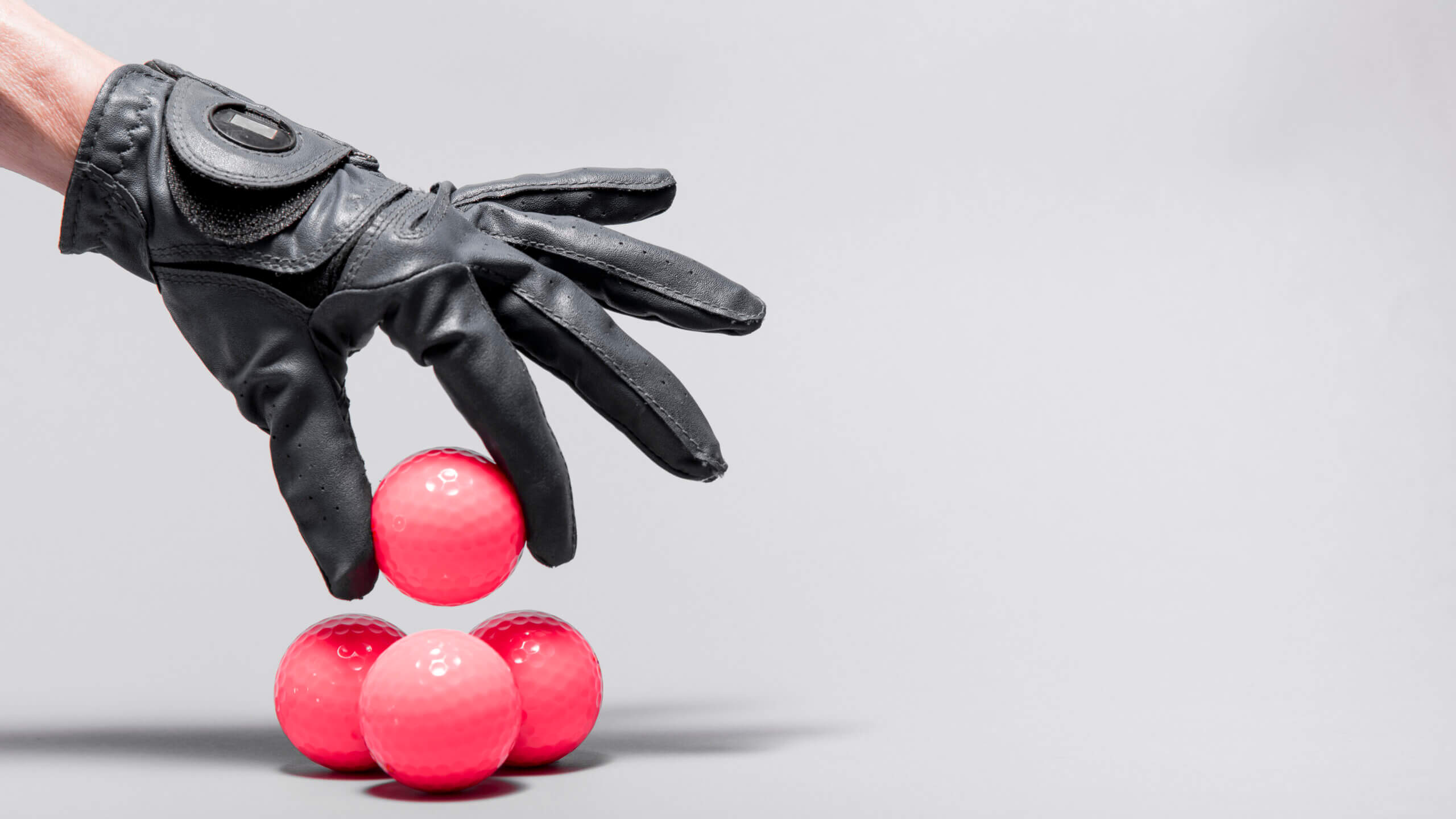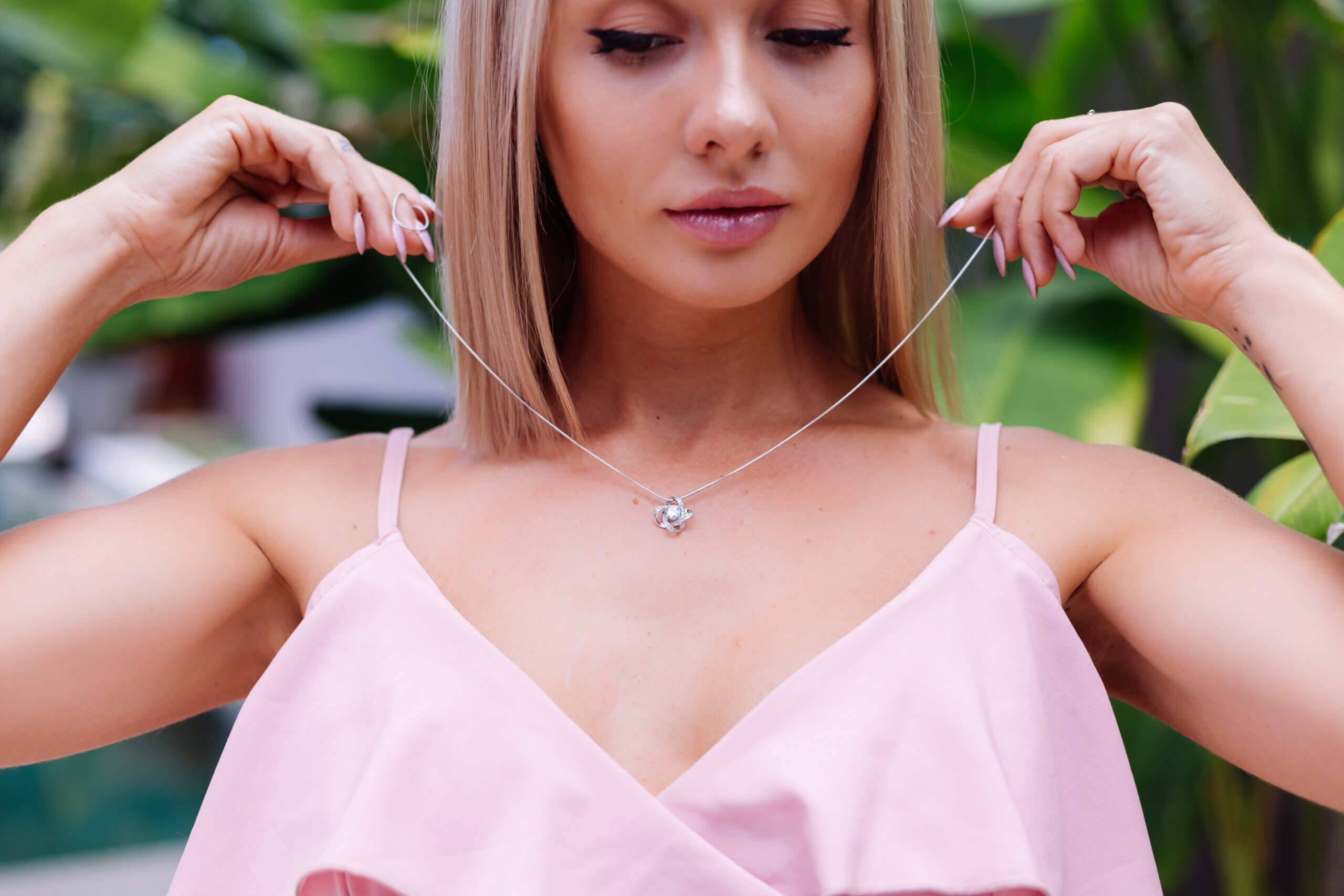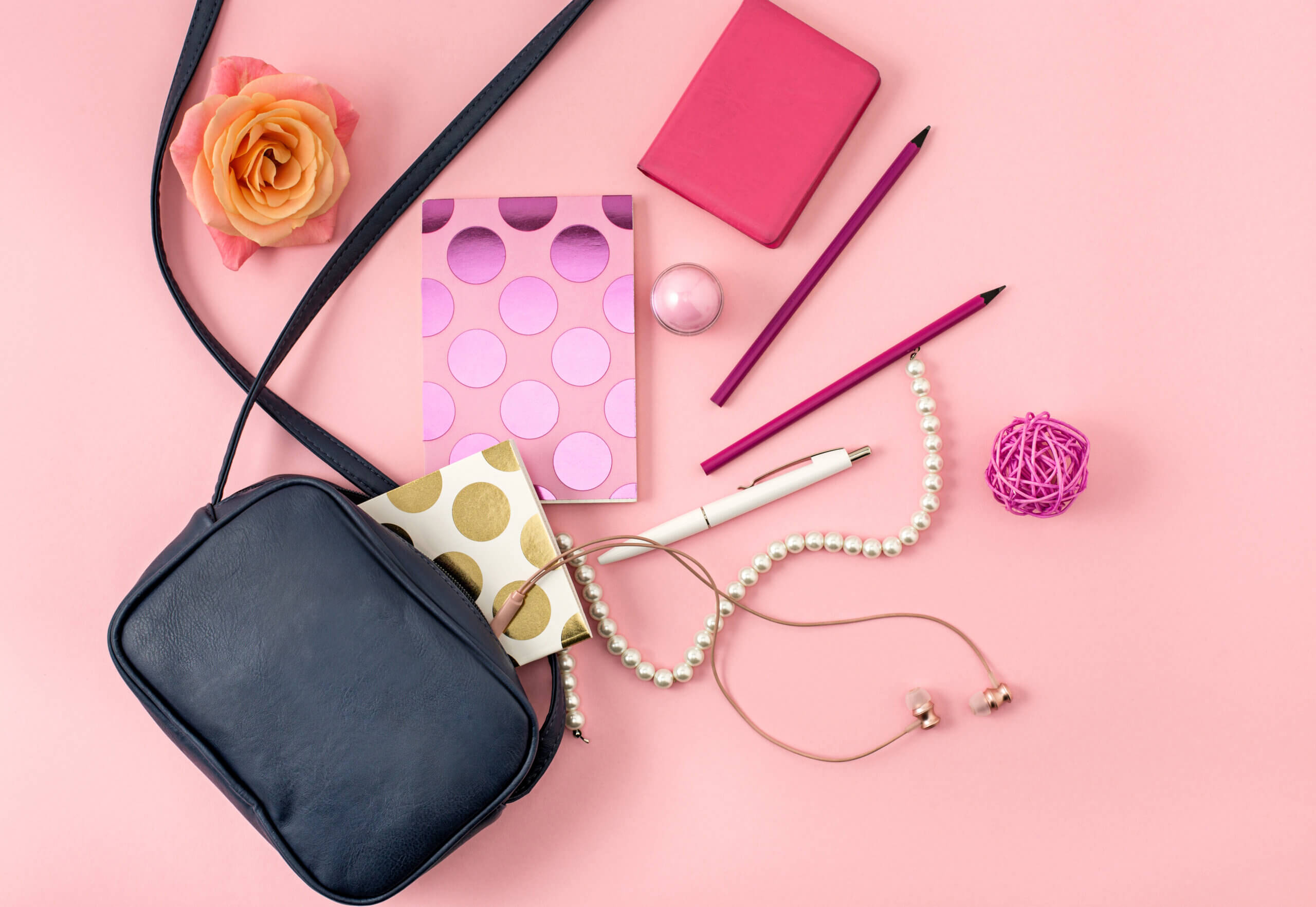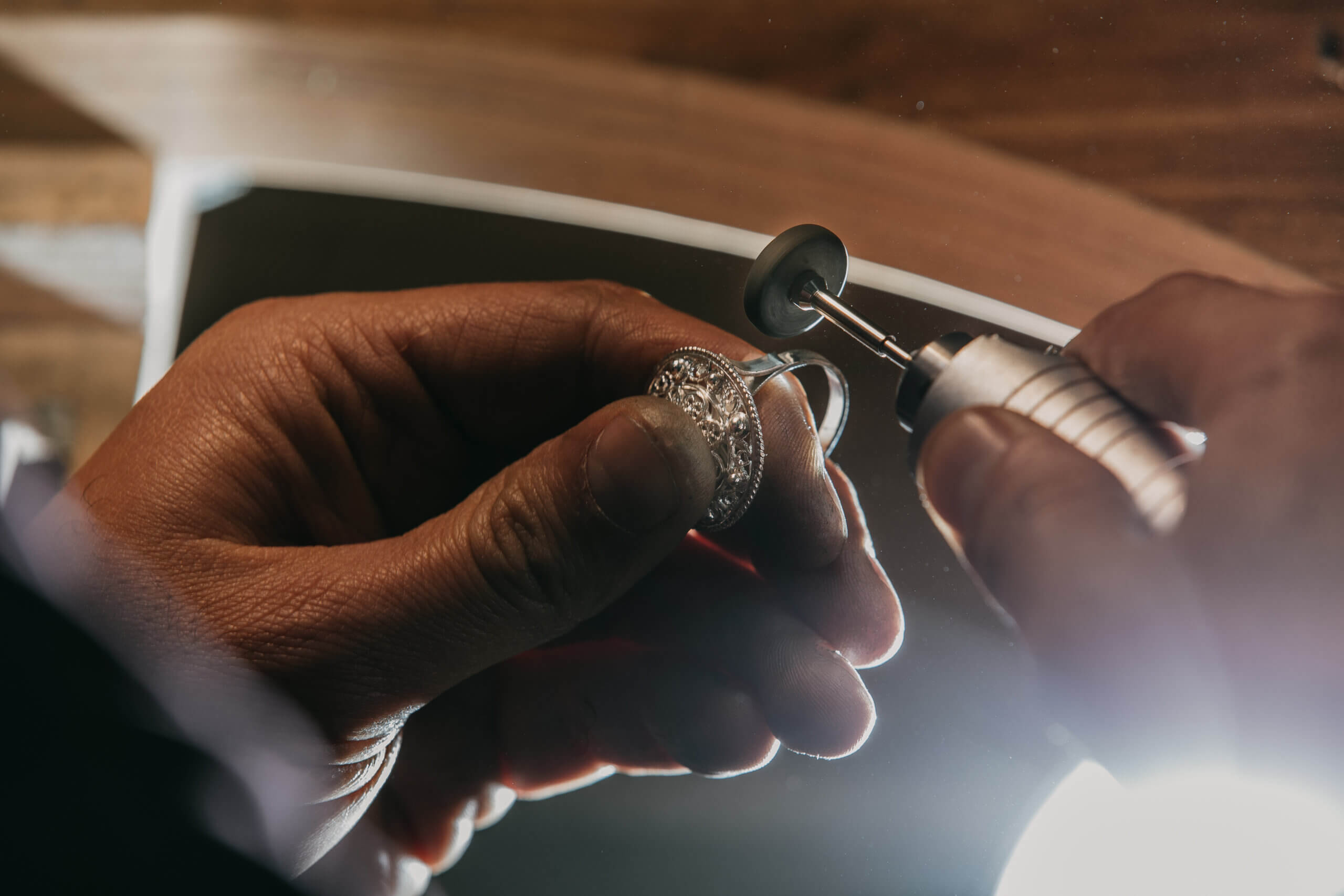
For many buyers and dealers of diamonds, authenticity is one of the most crucial factors. Since diamonds are a costly and significant investment, it’s critical to confirm that the item you’re purchasing is genuine. A diamond tester is useful in this situation.
A portable device called a diamond tester is made to confirm the genuineness of diamonds, giving buyers, sellers, and appraisers the peace of mind they require. People may verify whether they are holding a real diamond or merely a piece of glass or cubic zirconia with the aid of these quite helpful instruments. We’ll go into great detail about the many kinds of diamond testers, how they operate, and why hiring one may be revolutionary in this post.
A diamond tester: what is it?
A diamond tester is a useful tool for determining a diamond’s genuineness by measuring its thermal conductivity. Compared to most other gemstones, diamonds carry heat more effectively due to their excellent thermal conductivity. The tester monitors the speed at which heat moves through a diamond when it comes into touch with it, giving a reading that establishes the authenticity of the gemstone.
It’s crucial to remember that diamond testers do not test for a diamond’s quality or carat weight, even though they are often used to confirm if a gemstone is a diamond. Rather, they aid in identifying if a gemstone is composed of diamond or a less costly substance such as cubic zirconia, which may resemble a diamond in appearance.
What Is the Process of a Diamond Tester?
The foundation of a diamond tester’s operation is thermal conductivity. In short, the diamond tester employs a thermal sensor to detect the rate at which heat is transported through the gemstone when the probe is pressed against it.
High thermal conductivity: The tester records a high value when the probe makes contact with a diamond because of its exceptional ability to transfer heat. This shows that a real diamond is present.
Reduced thermal conductivity: When the tester identifies materials such as glass and cubic zirconia, it will provide a considerably lower value since these materials do not transmit heat as well as diamonds.
Some sophisticated diamond testers can also tell the difference between moissanite, a gemstone that resembles diamonds but has a different thermal conductivity.
Diamond Tester Types
There are many models to choose from while searching for the finest diamond tester, each with unique features and capabilities. The most popular kinds of diamond testers are broken down as follows:
Simple Diamond Testers
The most popular and reasonably priced diamond testers on the market are basic models. In order to determine if a gemstone is a diamond, these testers often monitor heat conductivity and offer a straightforward visual or auditory indication. Usually powered by a battery, they are simple to use for fast inspections.
Advanced Testers of Diamonds
More sophisticated diamond testers can detect a greater variety of gemstones and are more accurate. They differentiate between moissanite, diamonds, and other stones using a combination of electrical conductivity and heat. Professionals in jewellery stores, pawn shops, and assessment firms often utilise these tests because of their increased precision and capacity to pick up on minute variations.
Diamond Testers in the Pen Style
Diamond testers in the pen form are small, lightweight gadgets designed for ease of use. They are portable due to their lightweight and thin construction, and they often include a tiny probe that you press against the stone to test it. Jewellers and collectors that want a portable, easy-to-use equipment for testing are the ones who usually employ these testers.
Diamond Testers with Multiple Stones
There are diamond testers that can test more than one stone at once. These testers are helpful for professionals that handle a lot of jewellery or for confirming vast gemstone collections. They provide fast readings and are able to tell different kinds of stones apart with ease.
What Makes a Diamond Tester a Good Investment?
Having a diamond tester is essential whether you work in the jewellery business or are a passionate gemstone collector. The following are some reasons for thinking about getting one:
Precision and Comfort
Before making a purchase or investment, you may verify the genuineness of diamonds by owning a diamond tester. Whether you’re buying a single diamond or a whole collection, you can be sure that what you’re getting is genuine by hiring a diamond tester.
Safeguarding Your Investment
Because diamonds may be quite costly, it’s important to safeguard that investment. You can be sure you’re receiving what you paid for by utilising a diamond tester. A tester will help you see this early on and save you from losing money if you purchase a diamond and subsequently discover it isn’t genuine.
Detecting Counterfeits Is Easy
It is becoming increasingly difficult to distinguish between genuine and fake diamonds due to the emergence of synthetic diamonds and counterfeits. This procedure is streamlined by a diamond tester, which makes it simpler to identify fakes that resemble diamonds but are far less costly, such as moissanite or cubic zirconia.
Economical
Owning a diamond tester is a more affordable option than depending on a qualified gemologist or jeweller each time you need to confirm a diamond’s genuineness. You may easily learn how to use these reasonably priced tools to examine your gems at home with a little practice.
Using a Diamond Tester: A Guide
A diamond tester is easy to use and clear-cut. The general steps to use the gadget are as follows:
Activate the tester: First, confirm that the probe is ready for use and that the tester is switched on.
Examine the Stone: Put the tip of the probe onto the gemstone’s surface.
Await the reading: To determine if the stone is a real diamond or not, the tester will either make a sound or provide a visual signal. A scale for more accurate readings could be included in certain versions.
Examine the findings: You can determine if the stone is a moissanite, diamond, or another kind of gemstone based on the tester’s answer.
Well-known Diamond Testers
Here are a few well-liked choices to think about if you’re searching for a diamond tester:
Gemoro Ultra Tester III: This model, which is well-known for its accuracy and precision, is perfect for both novices and experts.
STERNGRAD Diamond Tester: This reasonably priced instrument provides accurate testing for moissanite and diamonds.
Praesidium Gem Tester II: This expensive tester can accurately detect moissanite, diamonds, and other stones.
Questionnaire about Diamond Testers
Q1: Is it possible for a diamond tester to identify fake diamonds?
A1: By measuring the thermal conductivity of synthetic diamonds, a number of sophisticated diamond testers are able to identify them.
Q2: Do diamond testers get it right?
A2: In general, diamond testers, especially the more sophisticated models, are accurate. Following the manufacturer’s instructions and being mindful of the kind of testing you’re using are essential for the best results.
Q3: Can I use a diamond tester to test any kind of diamond?
A3: Most diamond testers use both lab-grown and natural diamonds.
Q4: Does use a diamond tester need any specific skills or knowledge?
A4: Using a diamond tester is not that difficult. Most tests include indicators that are simple to use and interpret.
Conclusion
Anybody who works in the jewellery industry or who buys, sells, or collects diamonds needs a diamond tester. This tool provides ease and peace of mind whether you’re confirming the authenticity of a gemstone, safeguarding your investment, or just making sure that the item you’re buying is a real diamond. Selecting the best diamond tester for your needs is crucial since there are many types available to meet different purposes. You can identify and confirm diamonds with the aid of a trustworthy diamond tester, guaranteeing that you always make well-informed choices. visit for more info big business work.

